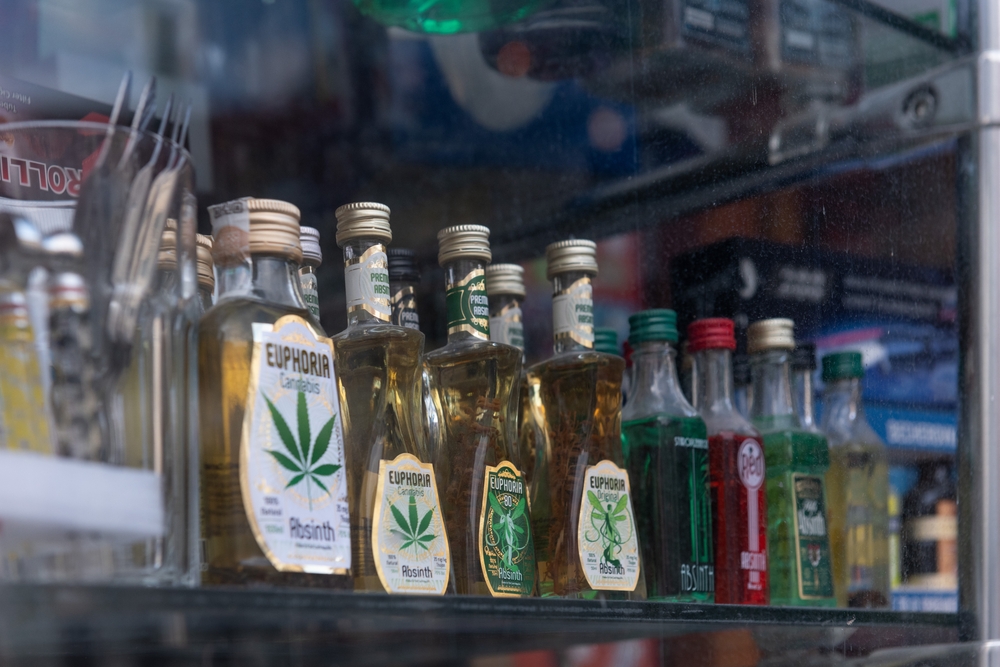A bill to liberalize cannabis laws in the Czech Republic will be brought before parliament in mid-January, shortly after the country’s presidential election, National Anti-Drug Coordinator Jindřich Vobořil has announced.
Vobořil, of the governing ODS party, told Czech newspaper Právo newspaper that the framework for the new legislation will be ready in the new year, when he expects a public consultation to take place between the coalition partners regarding its implementation.
He explained that working groups are currently seeking to identify the right level of regulation that would attract public support to ensure the bill is successful.
“We would like to have the framework plan of the law ready by mid-January,” Vobořil told Práva. “Then I would do a public consultation around it and let it go through the political K10, i.e., two representatives from each of the coalition’s five parties. After that, the paragraph wording will start to be written,” he explained.
“At the moment, we have agreed with the coalition parties, where all the party chairmen or their representatives were present, that I will prepare the plan that the prime minister should entrust me with. Even the KDU was in favor of creating the proposal,” Vobořil added.
He explained that the first draft of the law could be ready by the end of March, with the bill likely to become law by 2024.
“We divided the tasks into small groups and told each other what types of regulation we wanted to prepare: self-cultivation, cannabis clubs, and commercial production and sale,” Vobořil said, explaining that teams were currently looking at how such a bill would work with regard to the EU’s Schengen Area of free movement.
Vobořil’s ODS and the Pirates party are expected to be on board, although there could be some friction in signing up the other coalition parties, namely KDU-ČSL, TOP 09, and the People’s Party, should plans to be too liberal.
For example, Simon Dytrych, media coordinator for KDU-ČSL, said that while the party accepts the use of cannabis for medicinal purposes, “We consider the general liberalization of the cultivation and use of cannabis to be risky for society.”
In the TOP 09 camp, key officials are awaiting the final wording before taking a position, but so far “opinions differ between individual members,” according to party spokesperson Jan Kocourek.
Vobořil, a leading voice on greater liberalization of the laws believes that prohibition of its recreational use “is an extreme measure if people are to go to jail for some behavior,” and has called for “better control tools.”
“A strictly regulated market can regulate what and who makes it, as well as to whom and how much is sold. A total ban cannot do that. The regulated market has a greater potential for prevention,” said Vobořil, who believes the state would received billions of crowns each year in taxes.
Recreational use of cannabis in Czechia is still illegal, and possession of up to 10 grams of the drug in whatever format is an offense that can bring a fine of up to €500. Possession of larger quantities is punishable by up to five years in prison.
According to an Addiction Report release by the National Monitoring Center on Drugs and Addiction (NMS) in August 2022, around 30 percent of the adult population has tried cannabis, and between 8 and 9 percent are regular users.
Younger Czechs rank first among all EU countries for consumption, with almost a quarter (23 percent) of the country’s 15-34 age group using the drug.






